Idaho Water Pollution Trading
Water Pollution Trading: A Shell Game
Water pollution trading is the idea that one source of pollution can pay another source of pollution to reduce the amount of pollution the first source is required to eliminate. Generally speaking, the reason why pollution dischargers want to pay others to reduce pollution is to save money. For example, a municipal discharger may calculate that removing nutrients from its discharge is more expensive than paying a farmer to do the same, making a trade appealing.
But water pollution trading is proving to be more a shell game than a solution. The U.S. Environmental Protection Agency’s (EPA) authorization of a water pollution trade for the West Boise sewage treatment plant is one example of what is wrong with these schemes. (EPA has been issuing water pollution discharge permits in Idaho but is now transferring the permitting authority to the Idaho Department of Environmental Quality (DEQ).)
The Boise Experience
The City of Boise wanted to meet its permit requirements to reduce nutrients to the Boise River—a river overwhelmed by nutrient
Many people would argue that this outcome is good because it results in the removal of nutrients from a source—agricultural drainage—that is completely exempt from regulation under the Clean Water Act. That argument may sound appealing but it has no merit. The Boise River is still a dumping ground for agricultural runoff, the city loses its reason to push for restrictions on pollution from farms, nutrients levels in the river are still high, the city is operating under a permit that allows them to cause unsafe levels of pollution for 40 miles, and farmers continue to operate under the assumption that they should not have to control their polluted runoff unless someone pays them to do so. In short, water pollution trading is not a solution to the government’s failure to protect our public waters from farm run-off.
